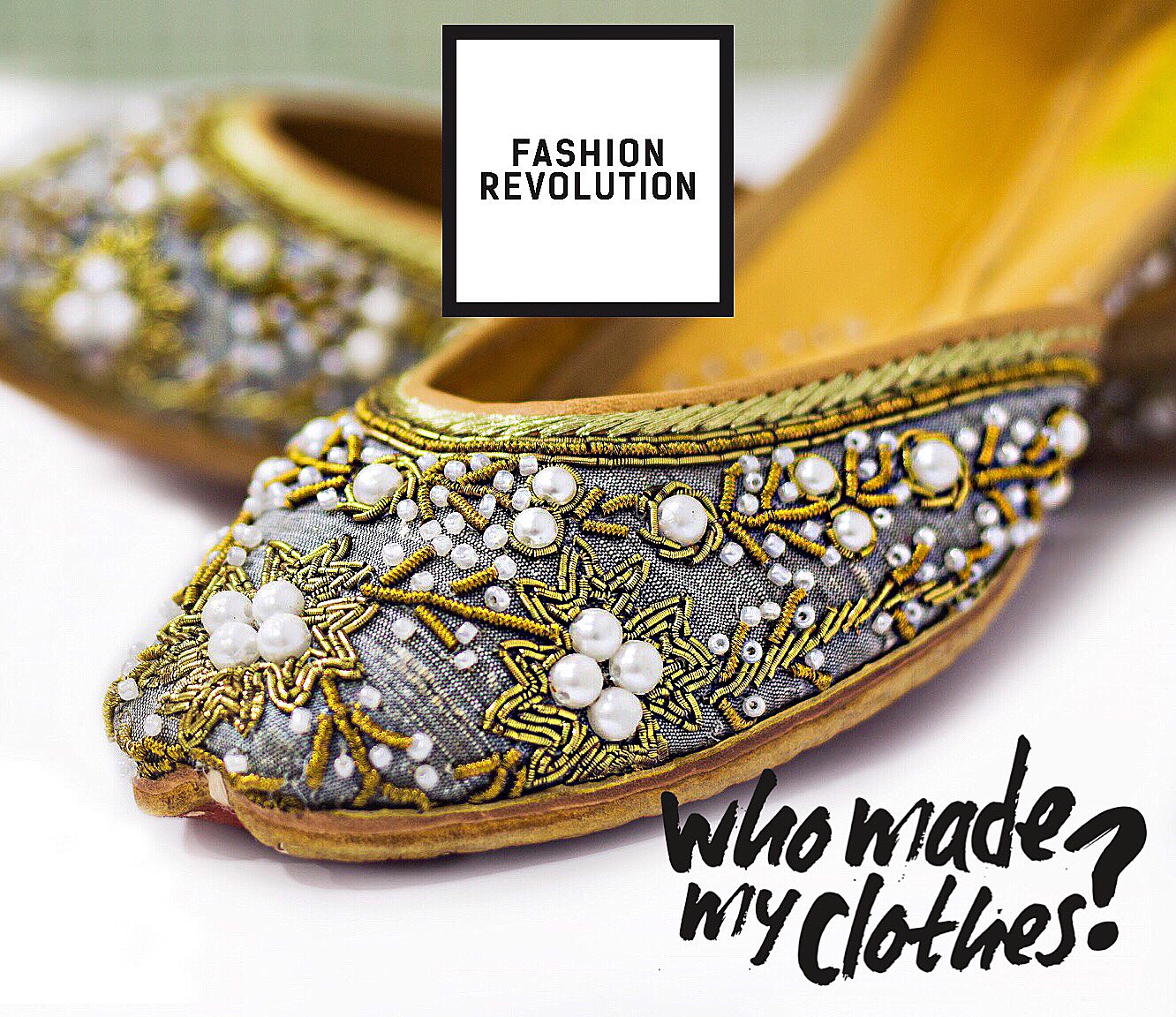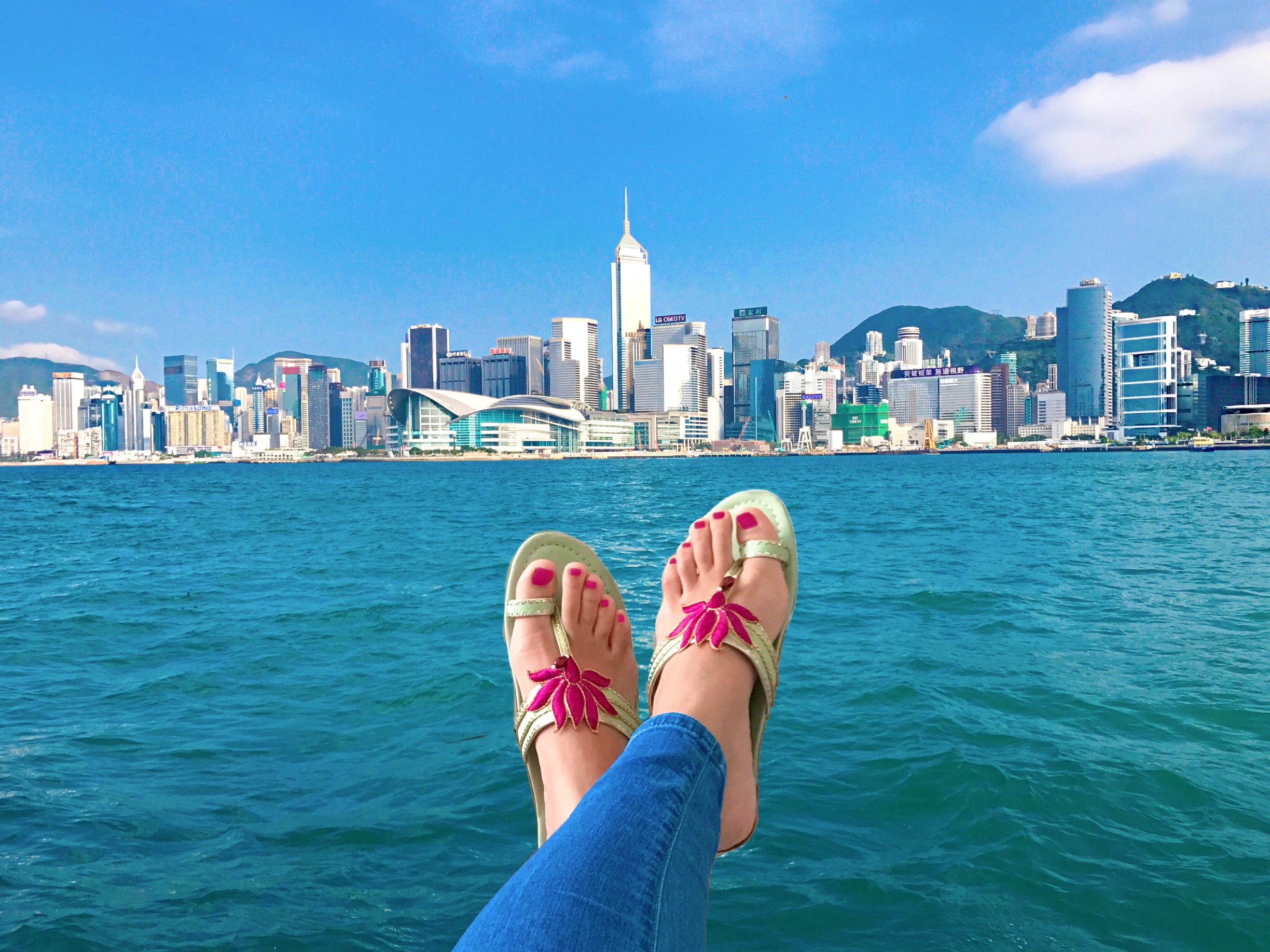Did you know that the apparel industry accounts for 10% of global carbon emissions and remains the second largest industrial polluter after oil? Or that the polyester fibres in our clothes take more than 200 years to decompose?
A typical factory worker in Bangladesh earns USD32 a month and works 14-16 hours a day, while a factory worker in China earns 10 times (USD327) on average. This is one of the reasons why more production is being pushed to Bangladesh. However, the wages are still not enough. In the poorer provinces in China, they earn USD147 a month. Back in 2014, an average garment factory worker was paid USD80 a month and USD0.5 an hour in Cambodia and Indonesia respectively.
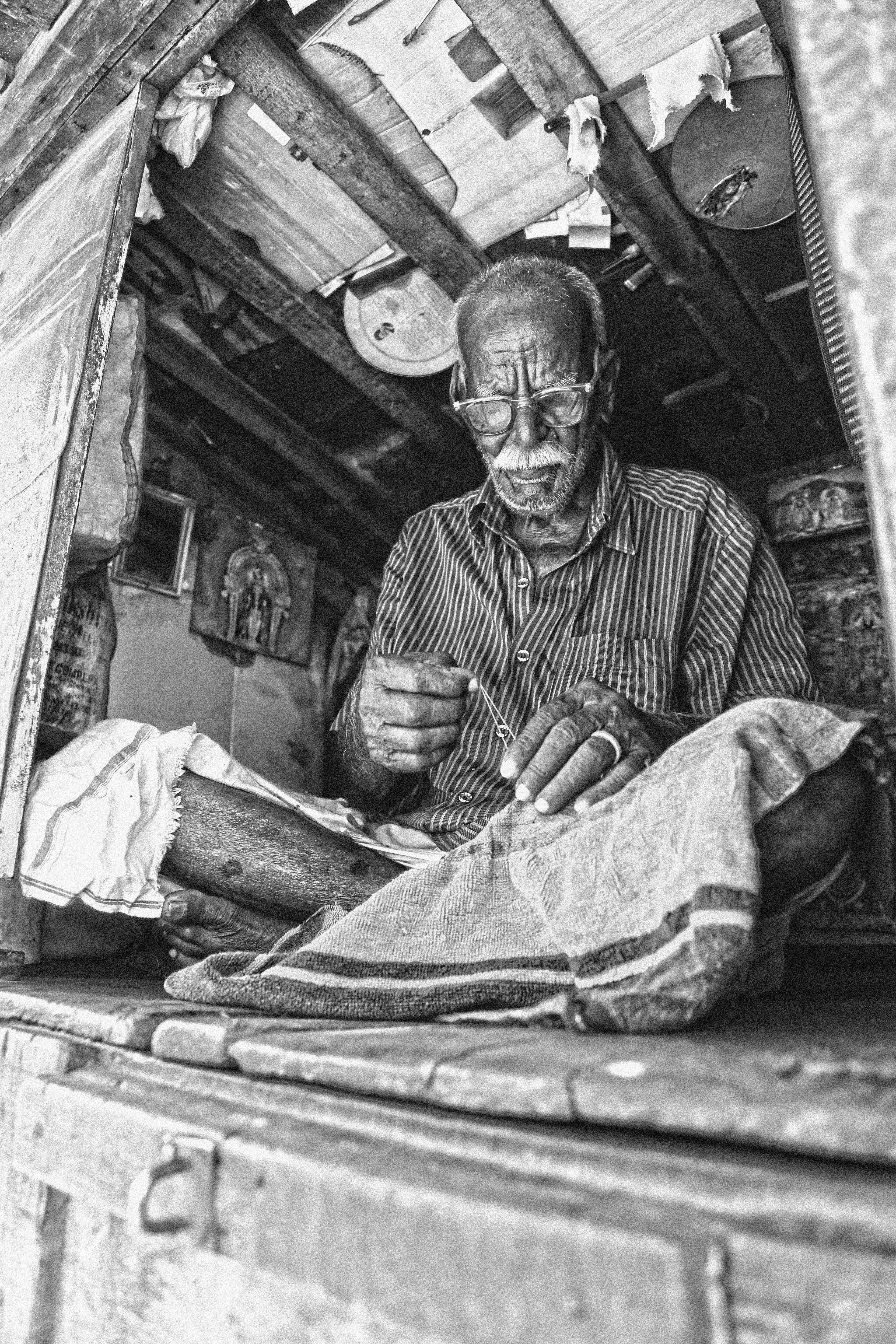
It is no wonder that eco-friendly fashion is on the rise:
- Use of sustainable materials and ethical practices to minimize negative environmental impacts
- Fair wages and safe working conditions provided to those who make them
"After travelling to China, Pakistan, India and around South East Asia, I realised how reliant the developing world is on factory work like this, and how ignorant the developed world is, of where and how their products are made. If consumers knew how much factory workers were paid on an hourly basis, how long they are expected to work for, and how much they struggle to make a decent income, I do not think anyone would be purchasing fast fashion products."
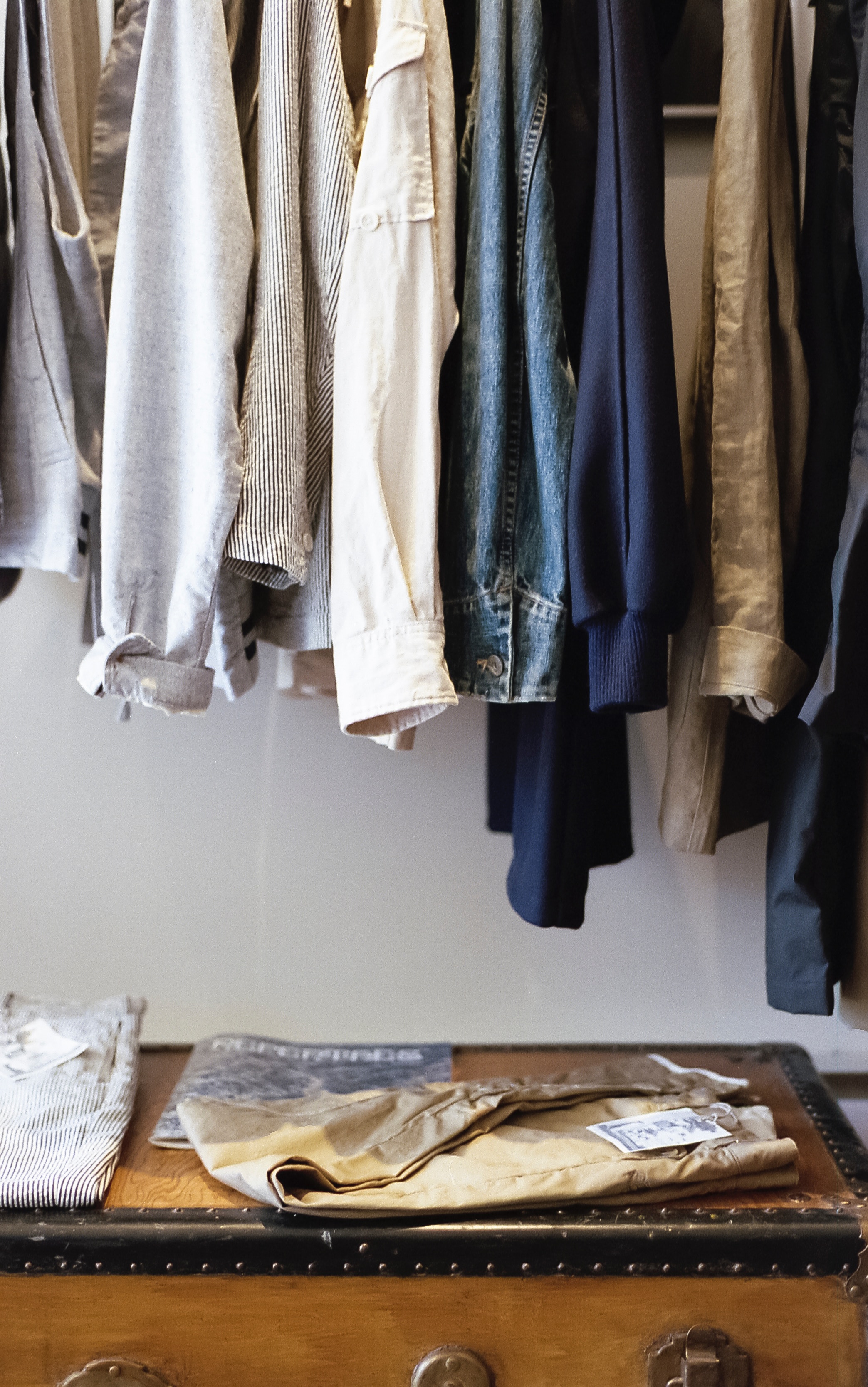
The biggest problem in today’s world is over-consumption and the strong demand for cheap prices. With immense pressure on factories for cheaper product prices, factory owners have no choice but to minimize costs, which includes reducing workers' wages.
It is a vicious cycle that we, as consumers, need to be conscious about. We need to know that our demands have such vast implications.
If you truly want to be a conscious consumer, you may want to start by asking a couple of simple questions before making a purchase:
1. Where Is This Product Made?
Look at the ‘Made In …’ label. This can give you the first idea of where and how your product is made. As a consumer, you have every right to ask the brand you want to purchase from, for as much information on how the product is made. Brands do not always provide this information on their websites - so do not be afraid to ask these questions via email. Remember, you are paying for the product, not them.
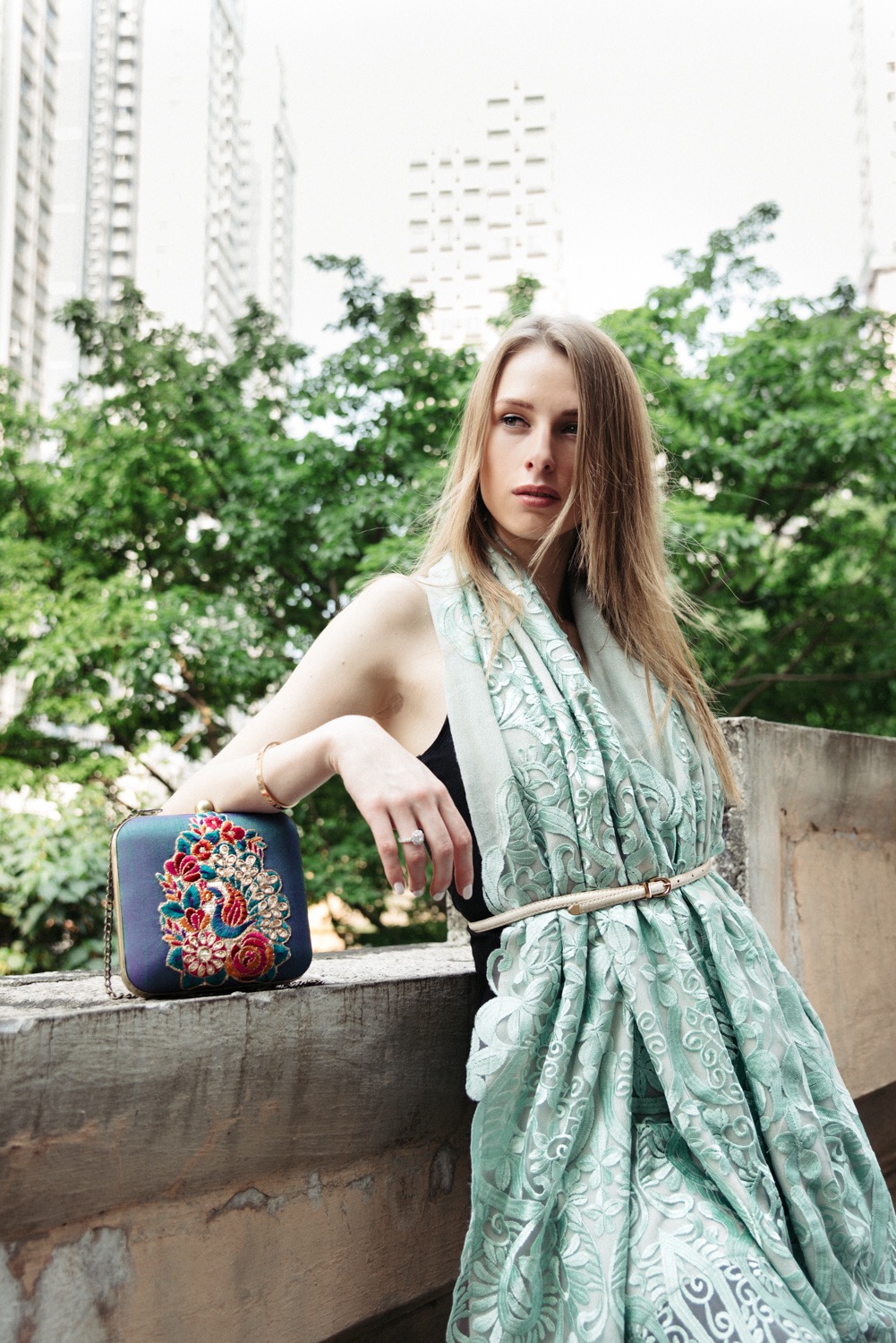
2. Do Not Assume.
‘Made In China’ tends to have a negative connotation - it is frequently referred to as fast fashion manufacturing in sweatshops. This also applies to many developing countries such as Indonesia, Cambodia, Bangladesh, etc. However, this is not necessarily true.
It may be ‘handmade’ in those countries. By seamstresses who work on their own, or in a decent tailoring company. This is where you have to be a smart consumer - ask and justify this ‘handmade’ garment by looking at items such as the quality & price. Hand-stitched and custom-made items are never ‘cheap’.
3. Developing vs. Developed Country.
Just because it is made in a developed country does not mean that it is ethical. Many products produced in America may also be unethically made. The workers may not necessarily be paid the minimum wage or are not given a decent place to work. Once again, be conscious about your purchasing decisions and ask the brands the right questions.
Quite a number of companies are slowly creating their positive impact, one product at a time...but, there is still a long way to go. If we, as individual consumers, are able to further build our consciousness and ask ourselves how we can change & influence others as well, more of an impact can definitely be made. There is always more to the products we buy. As a consumer, YOU simply have to be curious and create a demand for transparency & sustainability.
Article contributed by Divya Hira. She started her namesake company in November 2015 after leaving the denim manufacturing industry - a USD56 billion industry, involving millions of people worldwide.
By retailing only ethical, handmade and fair-trade products, the focus is on the story behind the product, rather than simply the aesthetics, to create a new, meaningful perspective to fashion. The company aims to disrupt the vicious cycle by providing transparency & information to the consumer. Through educating individuals on how the products are made and where they come from, they too, can change the unethical fashion habits that are so difficult to shake.

Are you a conscious consumer? Do you demand for transparency too? What are some brands or businesses that enable you to practice conscious consumption - whether it is For Women Empowerment brands or companies that only retail fair-trade products? Share with us! Simply hashtag #TBWPXConscious on any of your social media posts or drop us a note at: [email protected].

